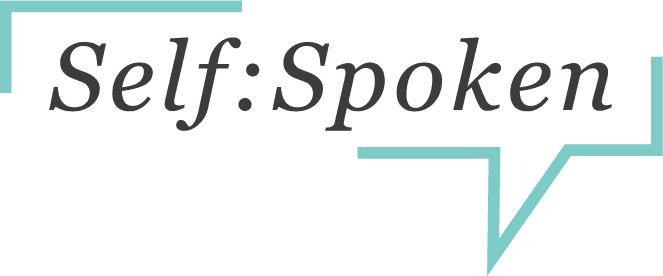After a year of isolation, social anxiety has never been more common.
For a lot of us, socializing in person again feels both awkward and overwhelming.
If you’ve been repeating “just be yourself” before and during most interactions (whether they’re social or work-related!) trust me, you’re not alone—I’m right there with you.
In a recent BBC article, “Why we May Have to Re-learn to Socialise,” Christine Ro writes:
Overall, psychologists are seeing more adults report stress over social interactions, ranging from not knowing how to bookend interactions without a handshake or a hug, to running out of things to talk about.
And Kate Murphy expands on this phenomenon in her New York Times piece, “We’re All Socially Awkward Now,” noting:
Research on prisoners, hermits, soldiers, astronauts, polar explorers and others who have spent extended periods in isolation indicates social skills are like muscles that atrophy from lack of use. People separated from society—by circumstance or by choice—report feeling more socially anxious, impulsive, awkward and intolerant when they return to normal life.
Psychologists and neuroscientists say something similar is happening to all of us now, thanks to the pandemic. We are subtly but inexorably losing our facility and agility in social situations—whether we are aware of it or not. The signs are everywhere: people oversharing on Zoom, overreacting to or misconstruing one another’s behavior, longing for but then not really enjoying contact with others.
The question is: if social awkwardness and anxiety have become inevitable in the wake of our collective isolation, how exactly can we go about “just being ourselves” during these strange and overwhelming times?

One helpful practice is to identify one of your driving values and to use it as a filter for your communications. When you identify what “being true to yourself” means from a values perspective, you start to build an internal guidance system that can ground you when you’re feeling off or overly self-conscious.
Here’s how ya build this guidance system for yourself…
1. Determine your driving values.
Complete these exercises to hone in on what really matters to you…
✔️ Narrow down your values from a larger list with this worksheet.
✔️ Choose the top four that help you navigate tough situations and fill you with a sense of purpose.
✔️ Examine why these values are so important to you, and identify how they manifest in your interactions.
2. Identify the behaviors that align with your core values.
Think about your daily communication tactics and behaviors. Do they support the values that drive you? For example, let’s say one of your core values is “curiosity.” You might practice curiosity by:
✔️ asking someone where they spent the majority of this year
✔️ sharing some of the questions you’ve been asking yourself
✔️ trying to understand a project the other person’s working on
3. Take note of the behaviors that get you off track.
What behaviors do you notice yourself kicking into when you’re feeling uncomfortable? What feels out of alignment with your value of “curiosity?”
✔️ folding your arms and closing off your body language?
✔️ staying in your head, instead of really *seeing* and engaging others?
✔️ talking to fill the silences and control the pace of the conversation, instead of staying open to the natural flow of it?
The next steps for showing up as your truest self…
If today’s blog post has helped you, I’ve got looooads more tips and techniques for staying true to yourself when the pressure’s on.
In fact, our signature 8-week group coaching program, Presence Under Pressure, opens back up for enrollment this October! ✨
If you hop on the waitlist now, you’ll be the first to know when doors open and how to reserve your FREE masterclass seat.
Love,


How to Be More Direct (And Stop Abandoning Yourself)
On a recent coaching call, someone raised the question of how to be more direct in your communication without making others uncomfortable… The truth?…
Do you ever get frustrated when you find yourself not speaking up in meetings or missing opportunities due to fear of not saying the…
Whether you’re in a job interview or pitching a strategy to a new client, try giving them your BLUF. How to give your BLUF…


